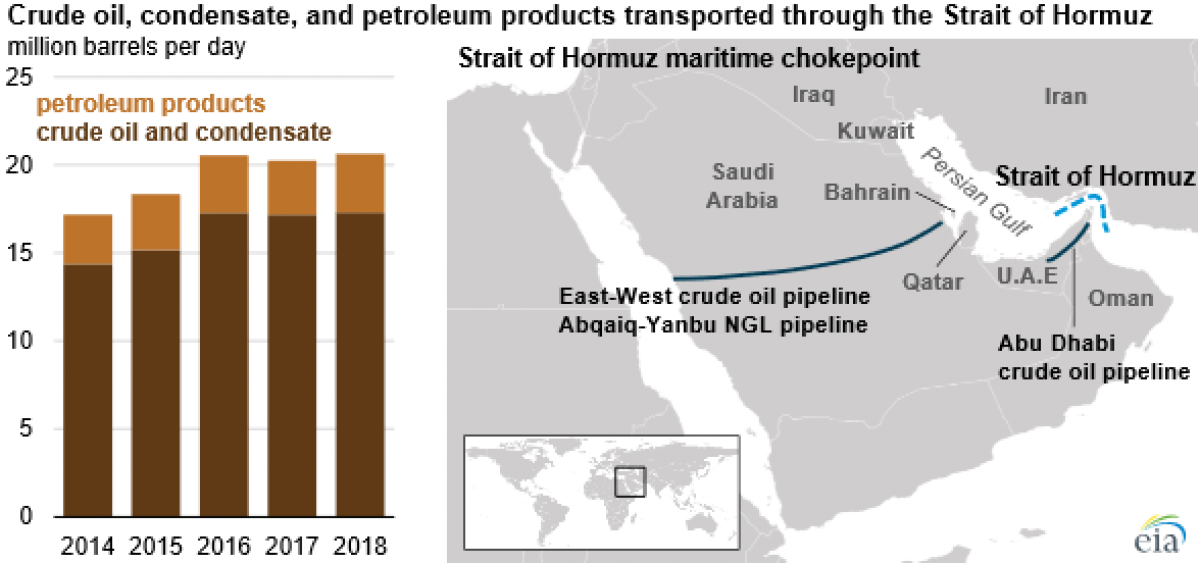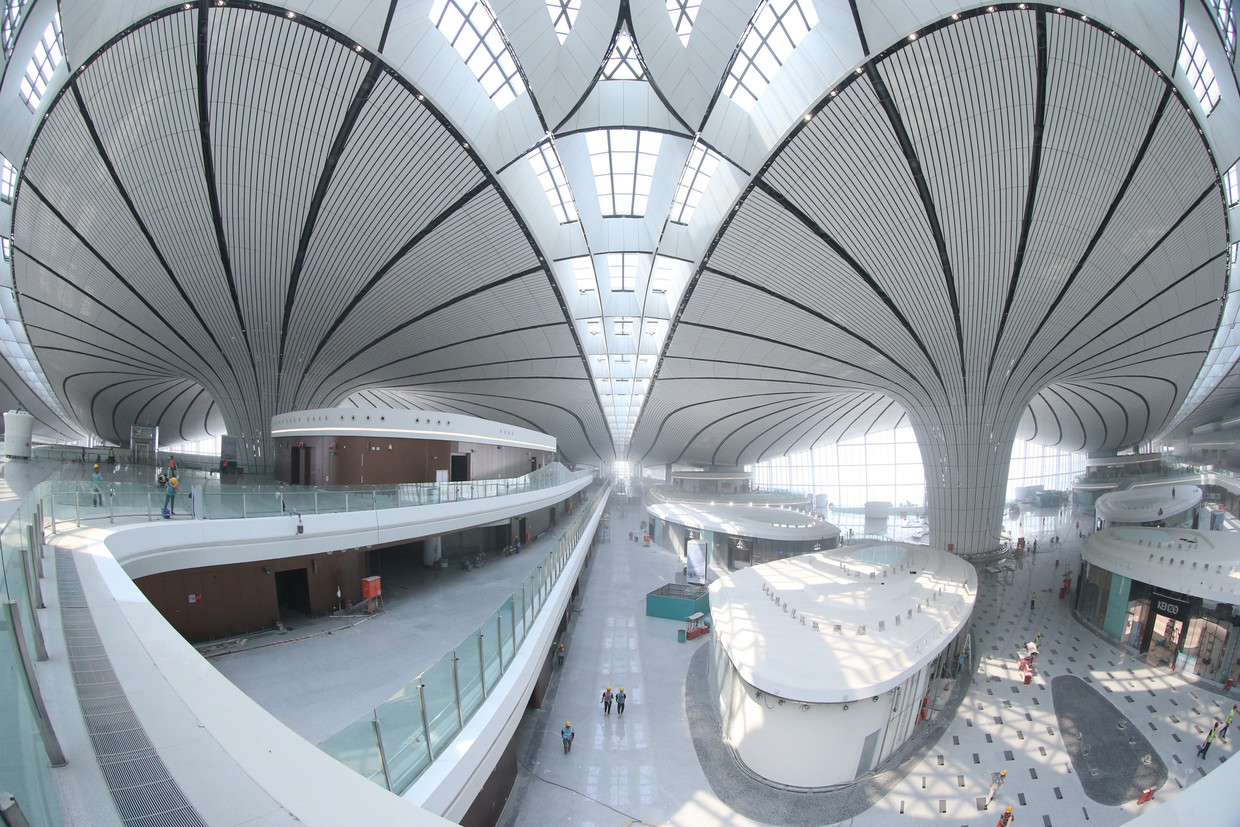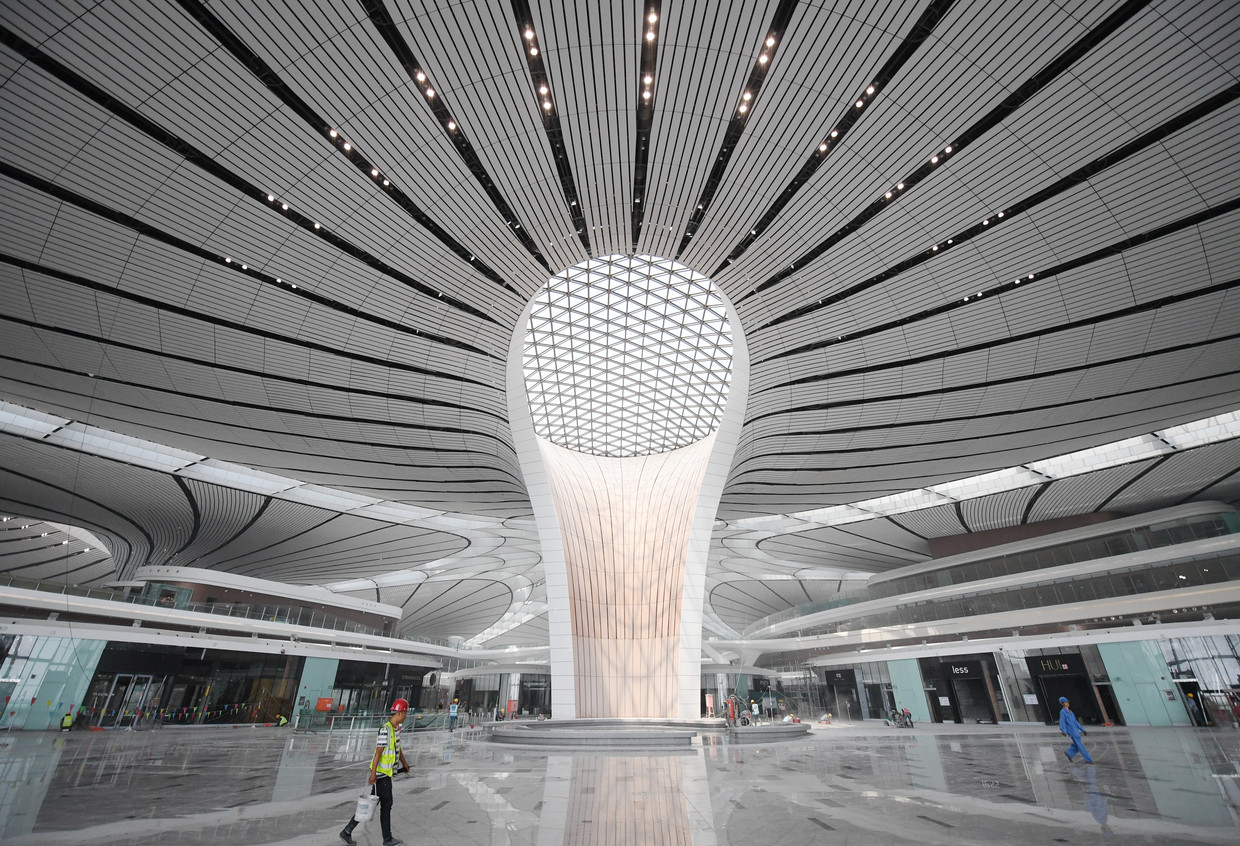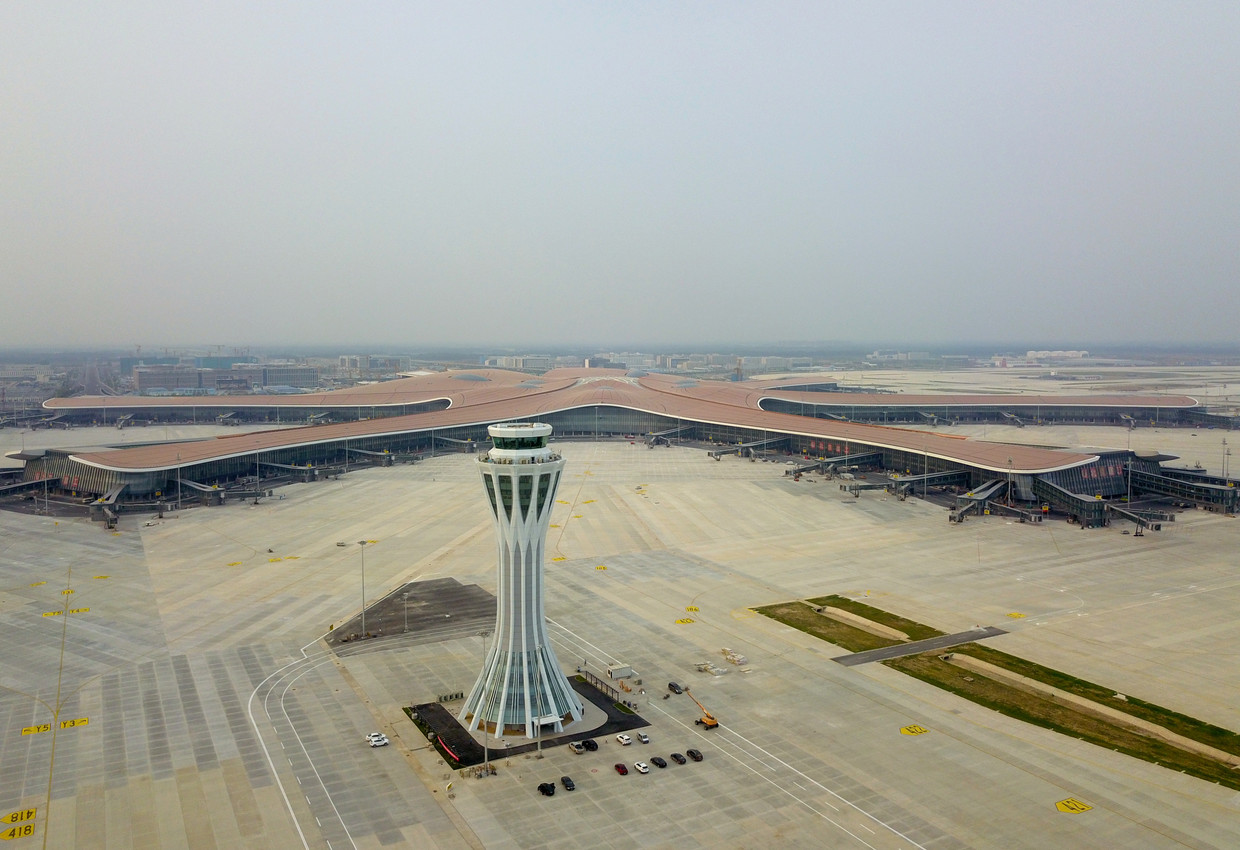Borchetta responded to Swift’s accusations in his own blog post, titled “So, It’s Time For Some Truth…,” later on Sunday night. In his statement, Borchetta said that he had offered Swift an opportunity last year to gain ownership over her previous recordings in exchange for signing a new contract with Big Machine Label Group. He posted a section of a deal proposal that he said was from the negotiations, showing Big Machine requesting Swift’s services for a period of 10 years — instead of a typical recording agreement for a number of albums — after she proposed a seven-year deal.
“Taylor had every chance in the world to own not just her master recordings, but every video, photograph, everything associated to her career,” Borchetta wrote. “She chose to leave.” He added that he had informed Swift of the company’s sale to Ithaca on Saturday night, disputing her characterization that she “learned about Scooter Braun’s purchase of my masters as it was announced to the world.”
Bieber posted a response on Instagram on Sunday, apologizing for the “hurtful” post referenced by Swift but adding that Braun “didn’t have anything to do with it.” He also criticized Swift for airing her differences with Braun on social media, saying she did so “to get sympathy” and to get her fans to “go and bully” Braun.
Ithaca Holdings, which includes Braun’s companies in music, television, film and tech, announced on Sunday that it had bought Big Machine Label Group, which, in addition to Swift’s music, is home to country artists like Florida Georgia Line, Rascal Flatts and Thomas Rhett. The Wall Street Journal, which first reported news of the sale, put the price at more than $300 million.
“He’s built a brilliant company full of iconic songs and artists,” Braun said in a statement about the sale. “Who wouldn’t want to be a part of that?”
Gossip about a possible sale of Big Machine, which was founded in 2005, had been buzzing through the industry for years. In 2015, Big Machine was seeking a deal that would have valued the company at up to $250 million, and attracted interest from not only major music labels but also tech players like Snapchat. Borchetta ultimately pulled out of that sale and renewed his company’s distribution deal with the Universal Music Group.
Article source: https://www.nytimes.com/2019/06/30/arts/music/taylor-swift-music-scooter-braun.html?emc=rss&partner=rss





